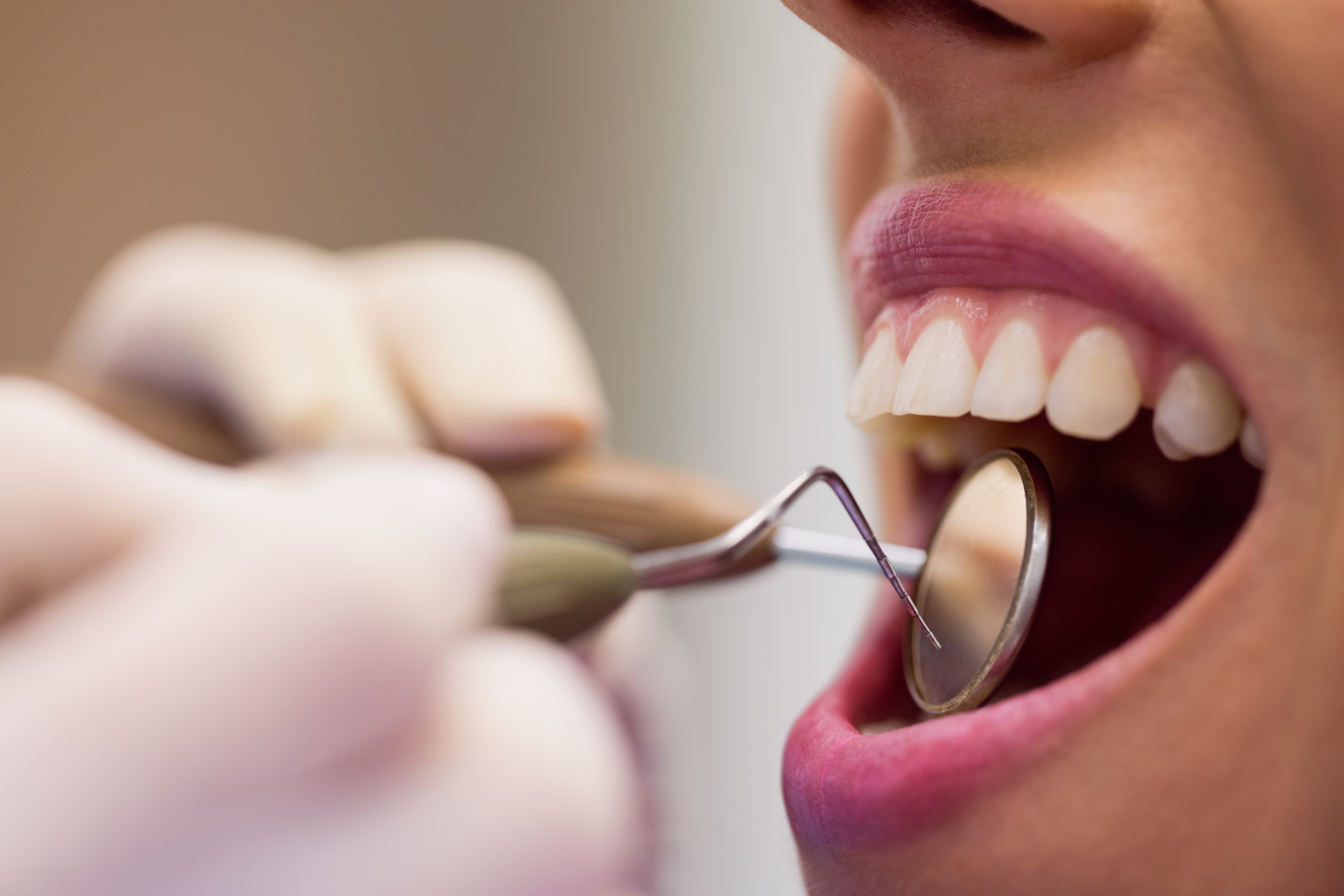12 Alarming Dental Implant Mistakes To Avoid
By :
Affordable Dentist | August 31, 2023
Getting dental implants can completely restore your smile. But mistakes can derail your results, quickly turning your implant success story into a nightmare. By learning about the most common dental implant blunders, you can dodge these pitfalls and instead achieve a flawless, functional smile you’re thrilled with. This guide covers patients' top 12 dental implant mistakes, from choosing the wrong surgeon to improper at-home care. Protect your investment, your comfort, and your new smile by avoiding these all-too-common but easily preventable errors.
Dental Implant Mistakes You Should Avoid
Picking An Unqualified Surgeon
The skill and experience of the person placing your implants make all the difference. Never compromise by choosing the cheapest option or a general dentist lacking specialized training. Start searching for "prosthodontist" or "oral surgeon" credentials. Verify they have an extensive implant education and expertise with complex cases. Ask to see before/after photos of past work and read reviews. Quality costs more upfront but pays off in successful, lasting results.
Neglecting Follow-Up Care
Skipping follow-up appointments after the procedure can jeopardize the implants' stability and longevity. During the 3-6 month osseointegration period when implants fuse to the bone, your dentist monitors them closely through x-rays, scans, and clinical checks. Don't miss these important evaluations. Speak up about any discomfort, swelling, or changes so adjustments can be made to keep your recovery and results on track.
Not Quitting Smoking
Lighting up compromises implant success...to the tune of three times the failure rate for smokers. Tobacco slows healing and can prevent proper bonding with the jawbone. If you’re a smoker, commit to going tobacco-free at least several months before and after getting implants. Your investment is too great not to. Talk to your doctor about smoking cessation assistance.
Being Unrealistic About Costs
Implants and related procedures like bone grafts or extractions aren't cheap. With your initial quote, clarify what is covered by requesting a complete cost breakdown. Read the fine print, too - cheaper deals often exclude key steps like temporary dentures during healing. Know all costs upfront so you can budget accordingly. Never sacrifice quality or necessary steps to save money, or you’ll pay the price.
Not Following Post-Op Instructions
Failing to follow your dentist’s at-home instructions closely puts your implant success at risk. Strictly adhere to guidelines on medication, eating modifications, and activity restrictions. Don't resume tobacco use, skip oral hygiene practices, or drink alcohol during recovery. Follow up consistently until you get the all-clear. Patience and diligence now prevent problems later.
Skipping Implant Maintenance
Meticulous long-term care is mandatory for implant health and longevity. Just like natural teeth, implants need conscientious brushing, flossing, and regular professional cleanings to prevent infection-causing bacteria. Avoid hard foods that can damage implant parts. See your dentist promptly if you notice swelling, soreness, or anything abnormal. With rigorous daily home care and routine dental visits, your implants can last decades.
Choosing The Wrong Restorative Material
Discuss options like porcelain, zirconia, and metal alloys with your dentist to select the right crown or bridge material for your needs and expectations. Important factors include durability, whether surrounding gum tissue is visible, color, and cost. Never choose a restorative solely based on price or aesthetics. The material must withstand your specific bite forces and come from a high-quality laboratory.
Overlooking A Need For Bone Grafting
Insufficient or compromised bones can make implants impossible. To assess bone volume and density, CT scans and X-rays are needed. Grafting provides a scaffold if your bone cannot properly stabilize an implant. Without this essential step, implant failure or rejection is imminent. Be prepared for potential costs if bone grafting proves necessary for long-term functional results.
Poor Oral Hygiene Habits
Meticulous oral hygiene is non-negotiable for dental implant success. Brush gently but thoroughly around the implant site at least twice daily. Floss carefully between implant teeth instead of pulling floss through. Use antimicrobial rinses to reduce bacteria. See your dentist every 6 months to monitor the fit, functionality, and underlying bone health around your implant. With diligent care, your bright new smile will stay that way.
Selecting The Wrong Implant Size
A precisely sized implant ensures a flush fit and proper anchoring in the bone. If the implant body is too small or narrow, the crown can shift and loosen over time. Go too large and bone or tissue may be damaged during placement. Leave sizing to the professionals and trust your surgeon's judgment on choosing an implant appropriate for your anatomy.
Trying To Save Money With Implant Tourism
Seeking cut-rate implants abroad often backfires. You lose continuity of care, access to your dentist for follow-ups, warranty on implant parts, and legal recourse if problems arise. Unless you thoroughly vet overseas surgeons and facilities, quality is far from guaranteed. Don't let budget alone dictate your decision. The repercussions of implant failure are too great.
Prematurely Loading Or Putting Stress On Implants
During the initial bone integration period of 2-6 months, avoid chewing, biting or eating on implants. Premature loading can hinder the healing process. Follow your dentist's specific guidelines on when your implants are ready for function. When that exciting day comes, ease into chewing slowly and avoid sudden impacts or too much pressure too soon. Patience pays off for long-lasting, dependable implants.
Avoiding common dental implant errors requires selecting an expert surgeon, realistic budgeting, and diligent home care and follow-up. Meticulously follow all recovery instructions on eating modifications, oral hygiene, and activity restrictions. Attend all follow-up appointments for stability monitoring. With patience and commitment to meticulous care, your implants can last decades. Avoiding common mistakes means collaborating fully with your dentist, trusting their expertise, asking questions, and adhering to recommendations. This diligence leads to flawless function, comfort, and confidence in your beautiful new implant smile.


